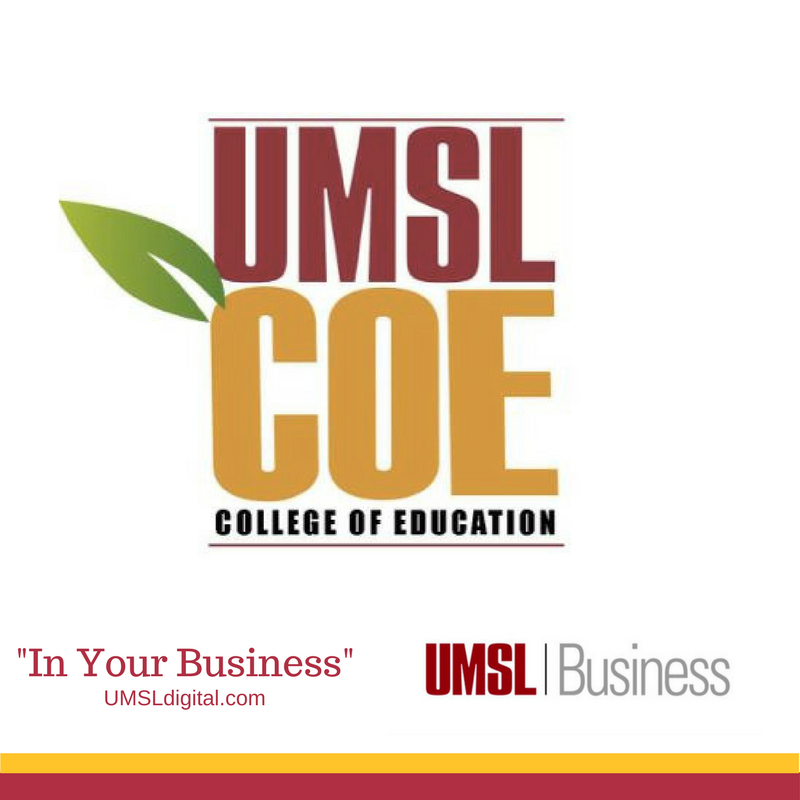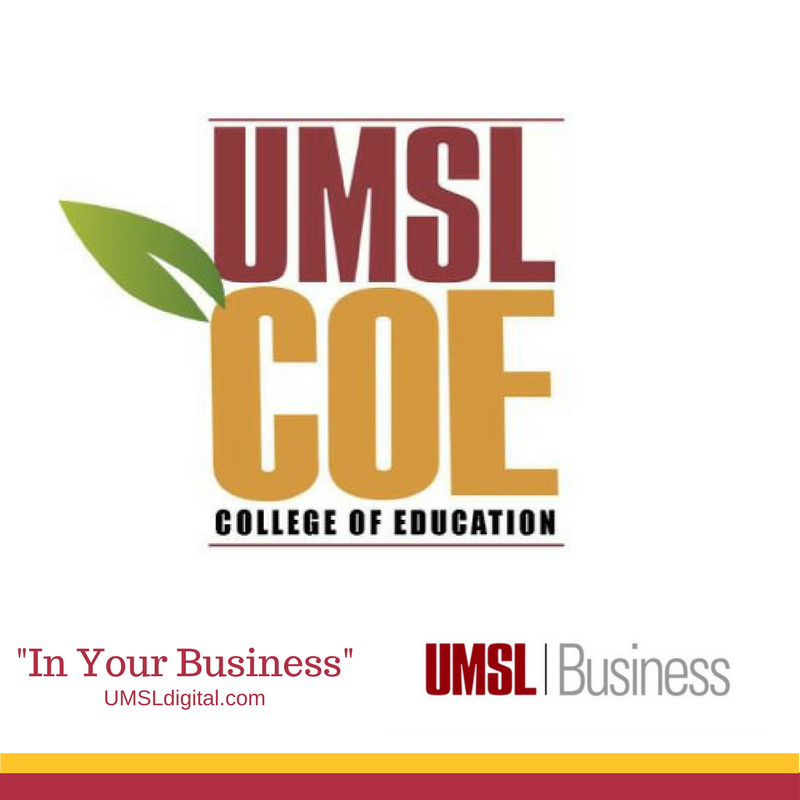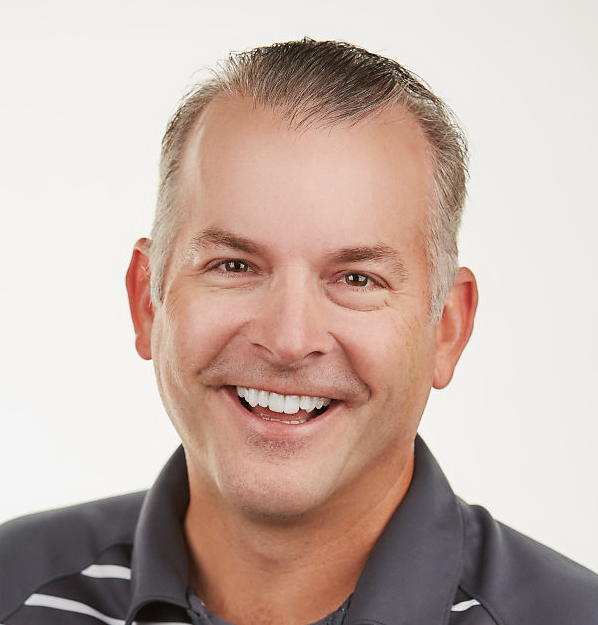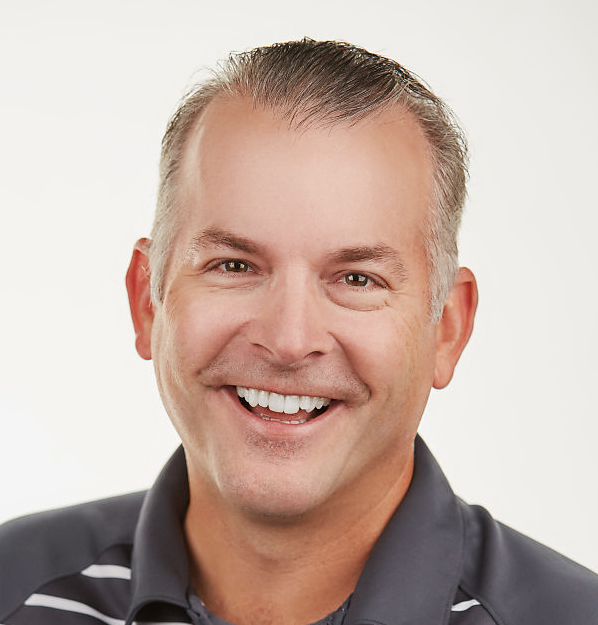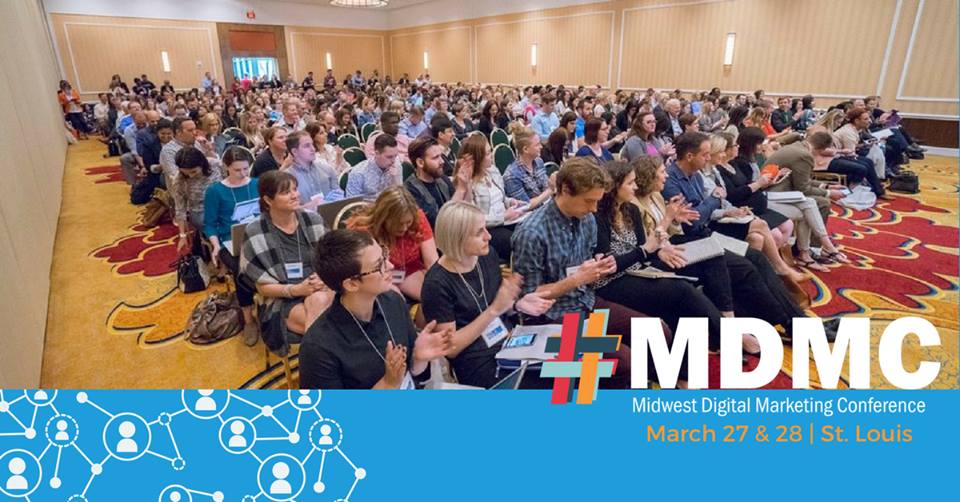 Evangeline Schultz is the COO and Co-Founder of Regenerative Marketing, LLC., which is an international digital marketing firm. Together with her brother Nathanael, she began the firm with a passion to build and connect communities globally.
Evangeline Schultz is the COO and Co-Founder of Regenerative Marketing, LLC., which is an international digital marketing firm. Together with her brother Nathanael, she began the firm with a passion to build and connect communities globally.
Regenerative Marketing, LLC., has clients in the chemical, agricultural, energy, construction, petroleum, electrical, ministerial, education, entertainment, news, mass media, advertising, retail, food & beverage, financial services, insurance amenities, health care, auto, and transport industries in the U.S., Canada, Australia, Ireland, and Italy.
Evangeline’s philosophy is “Never be satisfied; always be content.” She is a Facebook developer and is certified in Facebook marketing, hashtag research and development, LEAD generation principles, social media management and social media monitoring.
At MDMC18, Evangeline is going to be a speaker at the “Content Development Panel” together with Ellie Mirman, Tom Brauch, Ryan Brock, and Dan Curran.
Here are Evangeline’s answers from the pre-conference Q&A session.
Q1. What are some big mistakes a business could make when it comes to digital marketing?
E.S.:
- Not being present / being passive
- Not being social (posting isn’t all there is)
- Boosting posts rather than running ads from business manager
- Not creating clear CTA / monetizing
- Selling rather than inspiring to buy, subscribe, etc.
Q2. What do you think is the next game changer in digital marketing, such as a new, modern tactic, tool, or aspect of marketing? How will it evolve in the coming years?
E.S.: We believe we will be seeing a lot of BIG changes in the roles each platform will be playing. Google and Youtube, where Google is more a search engine/data tool, and Youtube, perhaps, more the “consumer” front for search queries.
Facebook is becoming a TV center, not competing directly with Youtube, but rather more with Direct TV. We think the “Live” option will revolve into paid options, or if left open, we will still see the growth of organic and mainstream TV shift to where the millennials are.
LinkedIn’s future growth is in advertising mediums. I think we see that already picking up.
As platforms become more intelligent, more “user-friendly”, we are left with better experiences and more powerful business advertising platforms.
We are expecting big things from Amazon in retail, Facebook in Social, Google as they work with Youtube.
Q3. What is your favorite marketing book you have read lately? Or, what are a few of your favorite marketing blogs?
E.S.: My favorite marketing book I’ve read recently is Contagious: Why Things Catch On by Jonah Berger. Excellent book.
Q4. What are some social media time management tips that help you stick to your campaign goals without losing a lot of time?
E.S.: We utilize an online project management system. This helps with organizing a virtual team, creating accountability while allowing freedom-seeking millennials to set their schedule in accordance to timely, effective teams that work cross-functionally.
Tips:
Keep a time log.
Stay focused on each task.
You can get on Facebook to post and “wake up” an hour later laughing at cute cat videos. Being task-oriented really helps with this.
Q5. Share your favorite digital marketing case study. What did you like most it?
E.S.: Jefferson Santos is a motivational speaker and author. It was amazing to see the impact just social currency had on his audiences. I believe we gained him over 10 million video views, 90,000 post engagements, and over 100K followers in just a months’ time.
I love to see the messages he has flowing in about how he is touching lives. As a digital marketer, we work through the hands of our clients to touch the world. It is beautiful and SO worth it!
Q6. According to you, what are the top three mistakes committed by organizations today in leveraging digital marketing?
E.S.:
- We sell rather than inspiring, connecting, and then converting.
- We simply remain in obscurity rather than utilizing social media and advertising platforms.
- We pay too much for too little. Ad spend is where it is at.
Q7. Which are your three favorite digital marketing tools?
E.S.:
Hootsuite
Hashtagify.me
IFTTT
Q8. If you were looking to hire a digital marketer, what are the top 3-5 skills you would be looking for in a candidate?
E.S.: Hard question because digital marketing covers so much, but:
1) Strategic thinking
2) Adwords
3) Content Savvy
4) Platform In-depth Knowledge for LinkedIn, Twitter, and Snapchat
5) Content Virality
Q8. Who are three people you respect when it comes to digital marketing?
E.S.:
Gary Vee
Joe Soto
Grant Cardone
Josh Earp
Laura Papwell
Tara Ellis
Q9. What’s the industry buzzword that annoys you the most these days and why?
“Ping me.” Please don’t ping me! Haha. Shoot me an email. Or Snap me! Goodness…. haha



